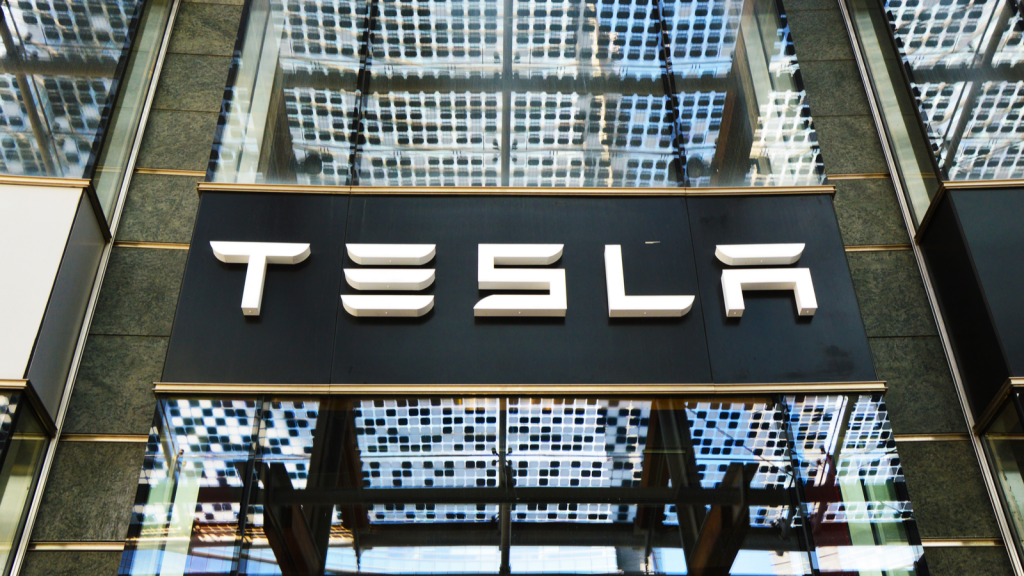Tesla Inc (NASDAQ:TSLA) shares have been feeling the full effects of 2022’s impact on the stock market. This includes concerns about macro economic factors like inflation, interest rates, and war. It also includes supply chain issues caused by shut-downs in China.
Between being closed because of Covid-19 lockdowns and then feeling the impact of those lockdowns on the supply chain, Tesla’s Shanghai plant has seen production slump.
However, TSLA stock has also been hit by unique challenges. Like CEO Elon Musk deciding he’d like to battle for ownership of social media platform Twitter (NYSE:TWTR). Or Elon Musk mandating employees return to the office or quit while ruminating about layoffs and musing that he feels “super bad” about the economy.
| TSLA | Tesla | $700 |
The Twitter drama in particular has been costly for Tesla shareholders, with TSLA stock losing a third of its value since it began in early April.
However, things may be in the process of turning around for TSLA. On Thursday, it was reported that UBS analyst Patrick Hummel had upgraded Tesla stock from “neutral” to “buy.” In addition, Hummel set a $1,100 price target.
Tesla stock popped Thursday in response, but remains down by roughly 37% in 2022. This upgrade may just be the latest sign the time is right to buy TSLA stock for your own portfolio.
Why UBS Is So Bullish on Tesla
Why did UBS choose now to upgrade its Tesla rating? As reported by Teslarati, Patrick Hummel cited three main reasons:
- Record-high order backlog with two new gigafactories ramping up production
- Improving margins driven by increased prices and process innovation
- A competitive edge for Tesla in key supply chains
In addition, Hummel feels that Tesla’s vertical integration in chips, battery systems, and software will pay off with superior growth and profitability.
What About the Shanghai Shutdown?
Assuming the Twitter situation has stabilized for the moment, the biggest potential downside to TSLA stock is the ripple effects of the company’s Shanghai plant shutdown. With a 22-day closure in April followed by reduced production and the Covid-19 lockdown’s impact on EV sales in China, the news on that front is not going to be good.
However, it’s important to recognize that this was a limited time event. Production is ramping back up. Chinese EV demand is ramping back up. Any hit to TSLA stock when the production and delivery stats for this quarter are released is going to be temporary.
Bottom Line
UBS is making a strong case for Tesla stock to recover from its 2022 weakness. What about other investment analysts, though?
Well, TSLA stock continues to earn an “A” rating in Portfolio Grader. It’s a great pick for someone looking to add a proven, long-term growth stock to their portfolio. At current prices, the nearly 40% discount compared to November 2021 highs makes TSLA stock very tempting. Especially given the surge in popularity of EVs.
Checking in with investment analysts tracked by CNN Money, they have TSLA rated as a consensus “buy.” Their median price target of $1,000 isn’t quite as aggressive as UBS’s, but it still offers a very respectable 31% upside.
Tesla stock may still have a bumpy road ahead in the short-term. Especially when the full impact of the Shanghai factory shutdown becomes apparent when the company reports earnings near the end of July. However, as a long-term growth investment, TSLA stock is definitely a buy.
On the date of publication, neither Louis Navellier nor the InvestorPlace Research Staff member primarily responsible for this article held (either directly or indirectly) any positions in the securities mentioned in this article.
